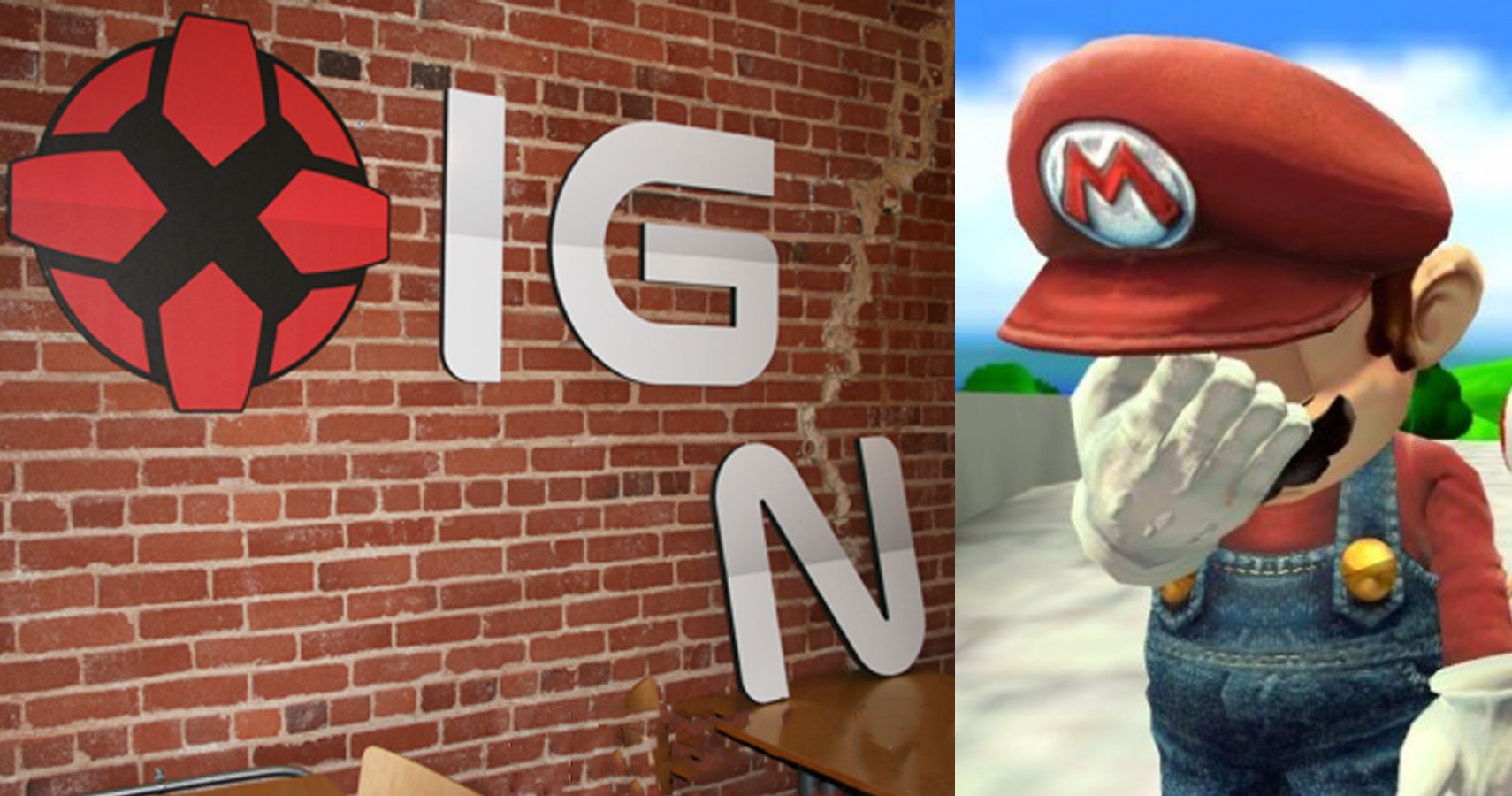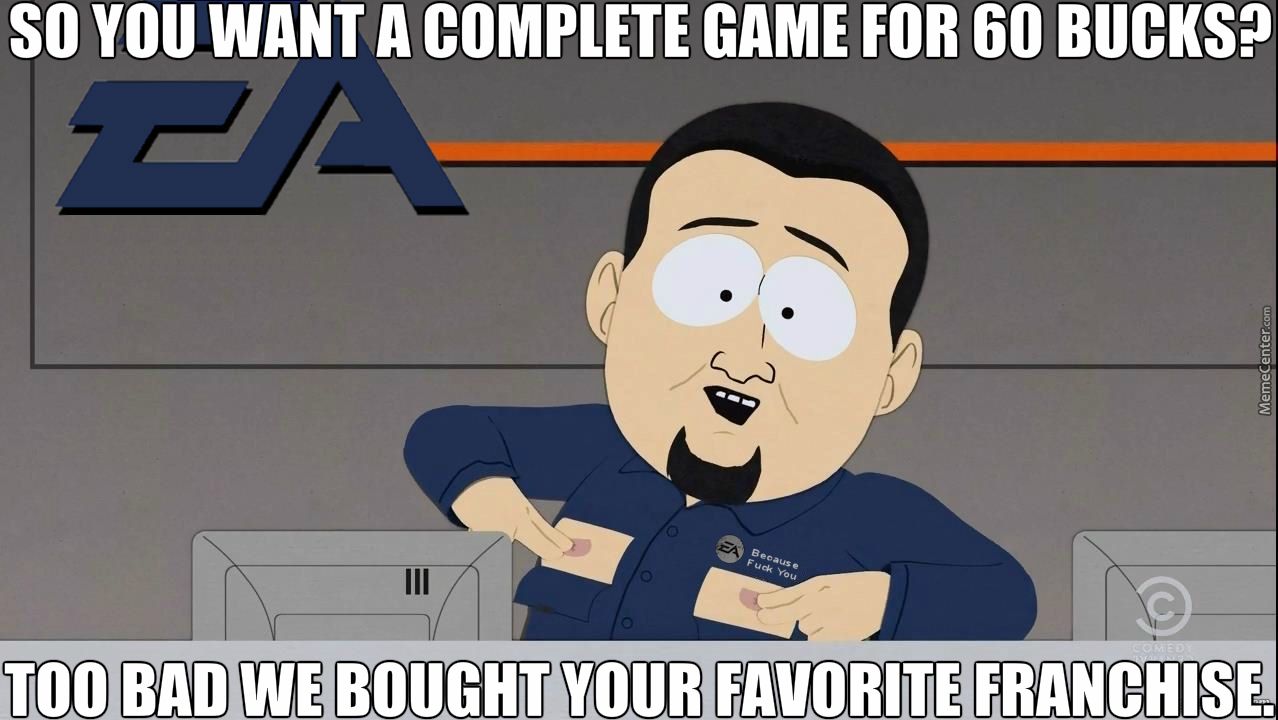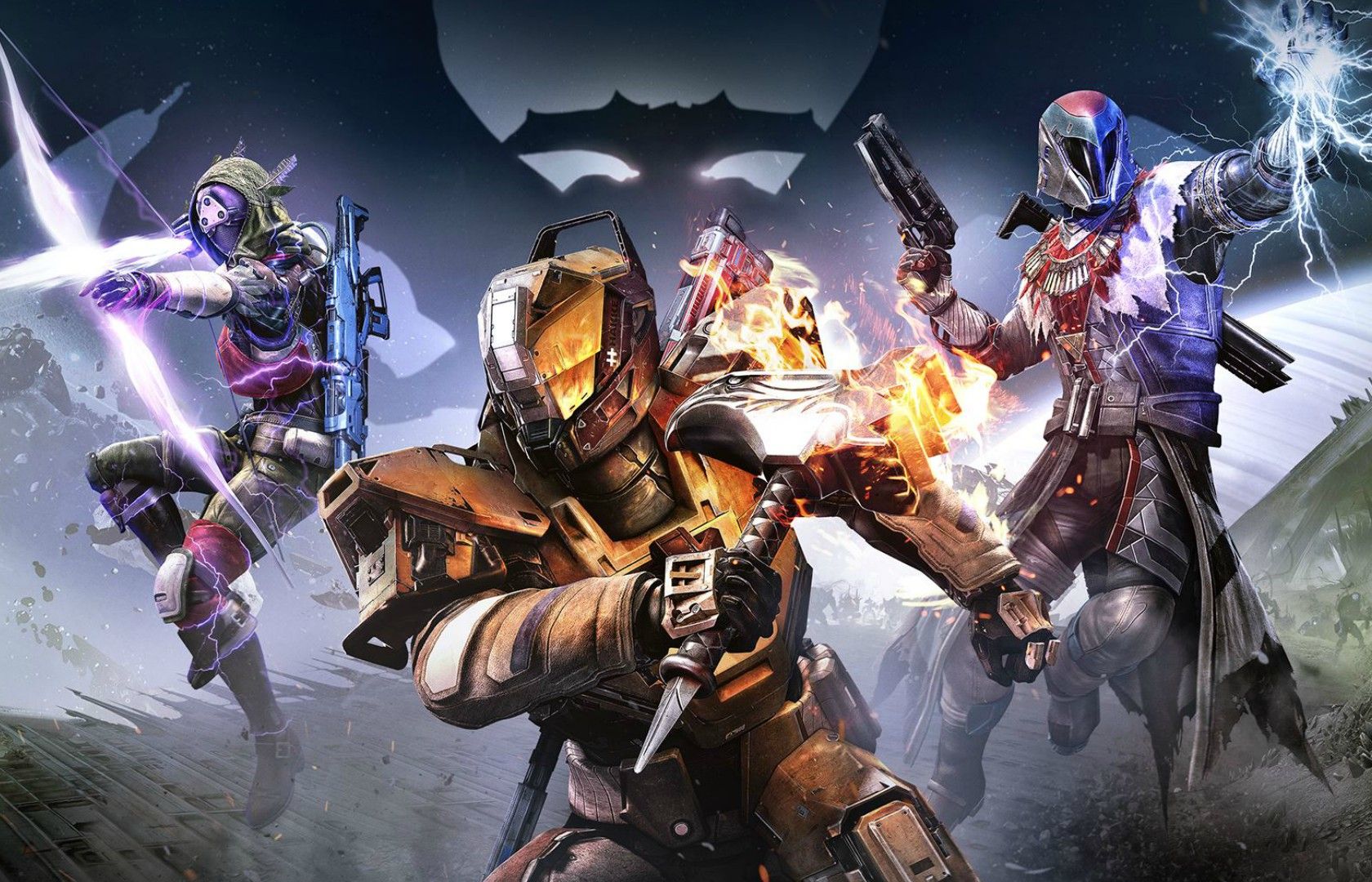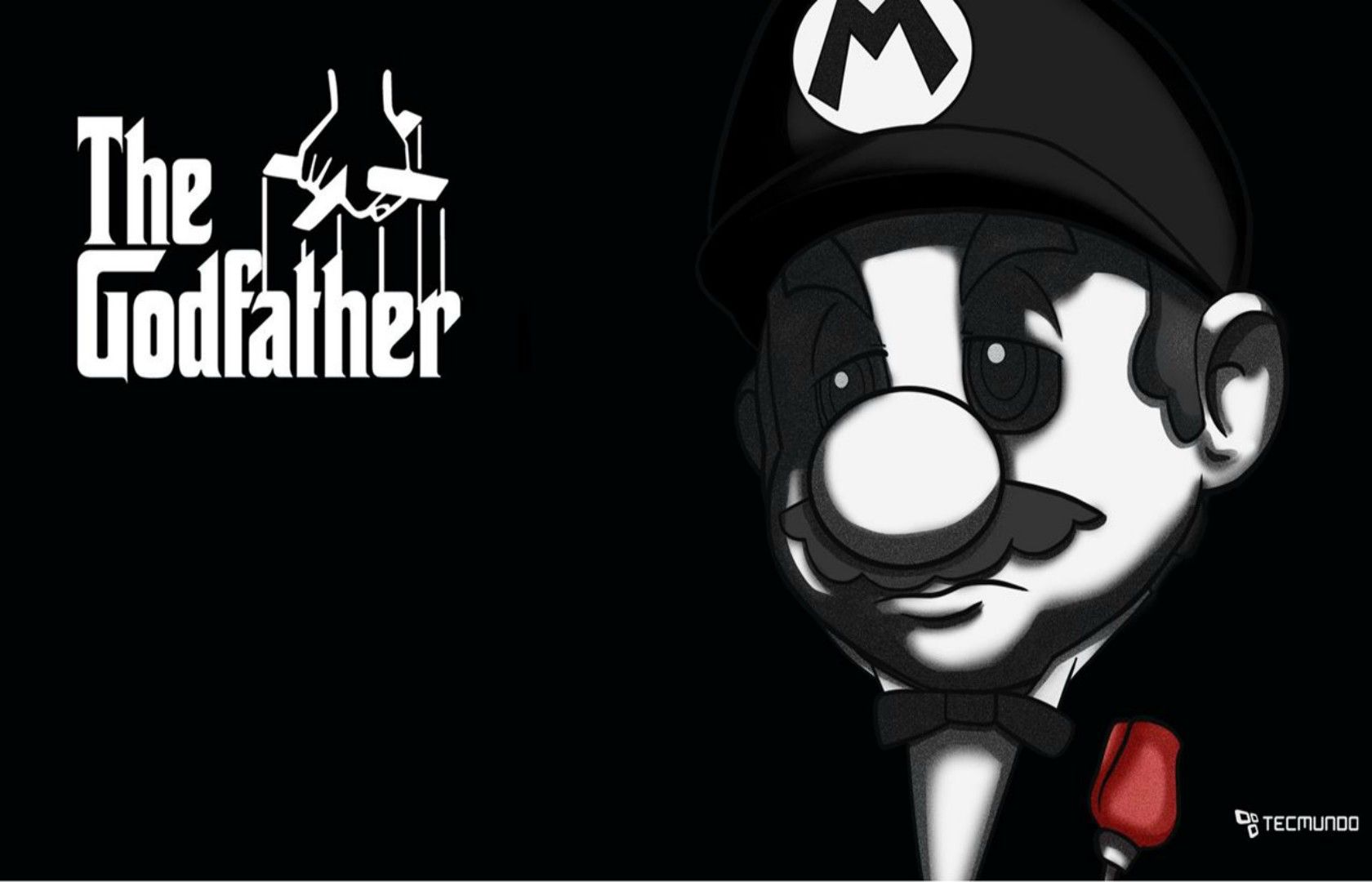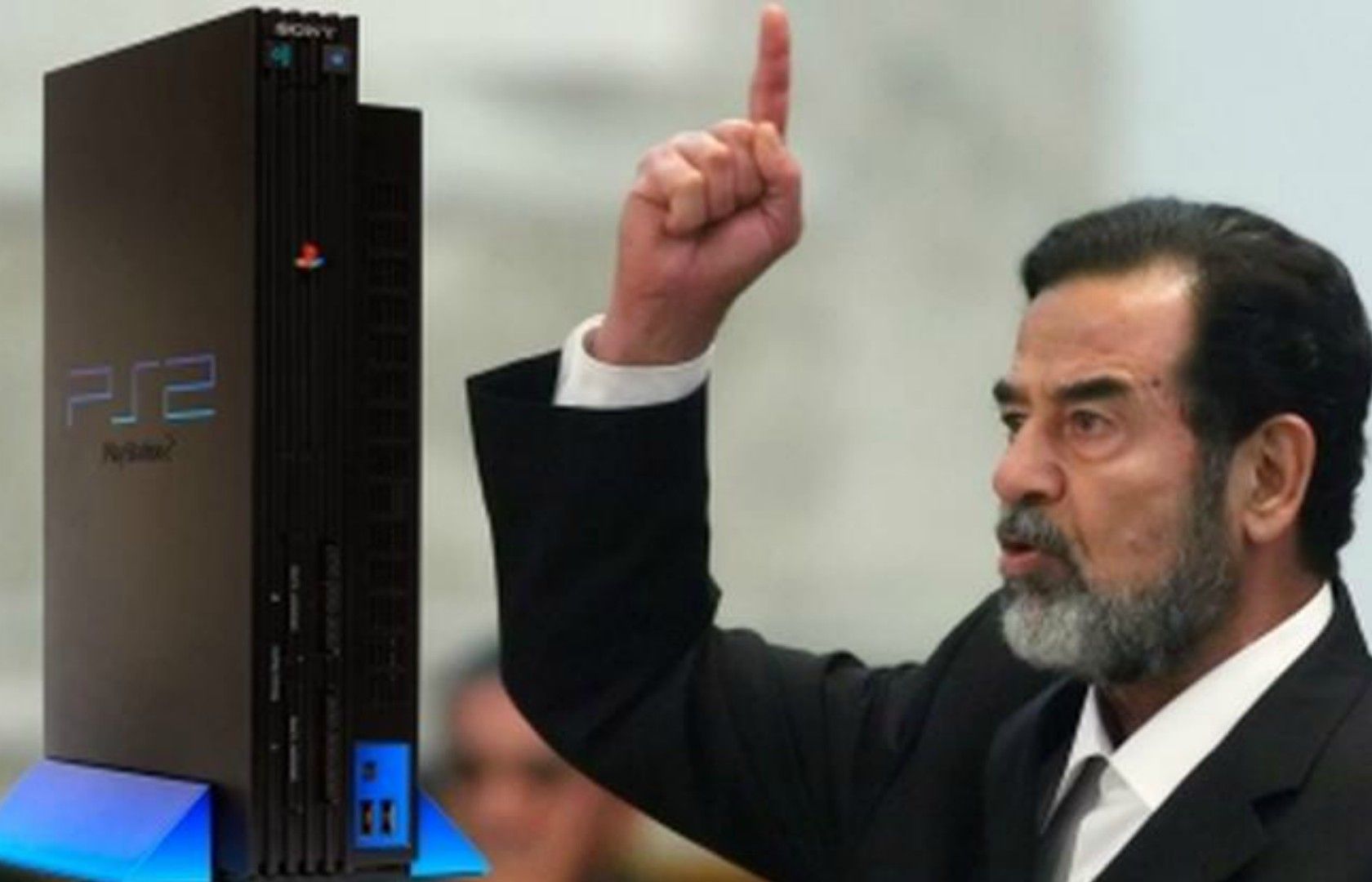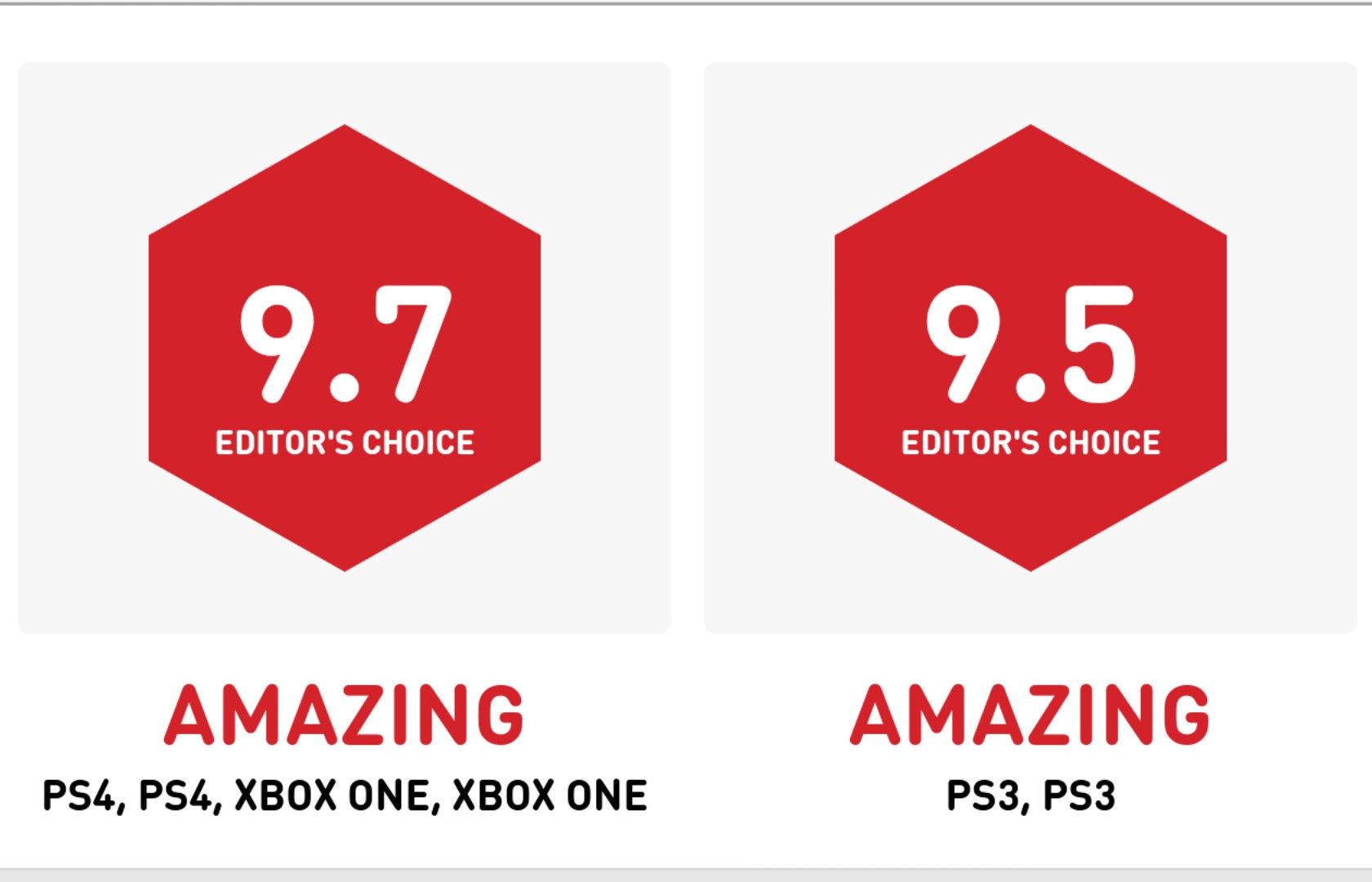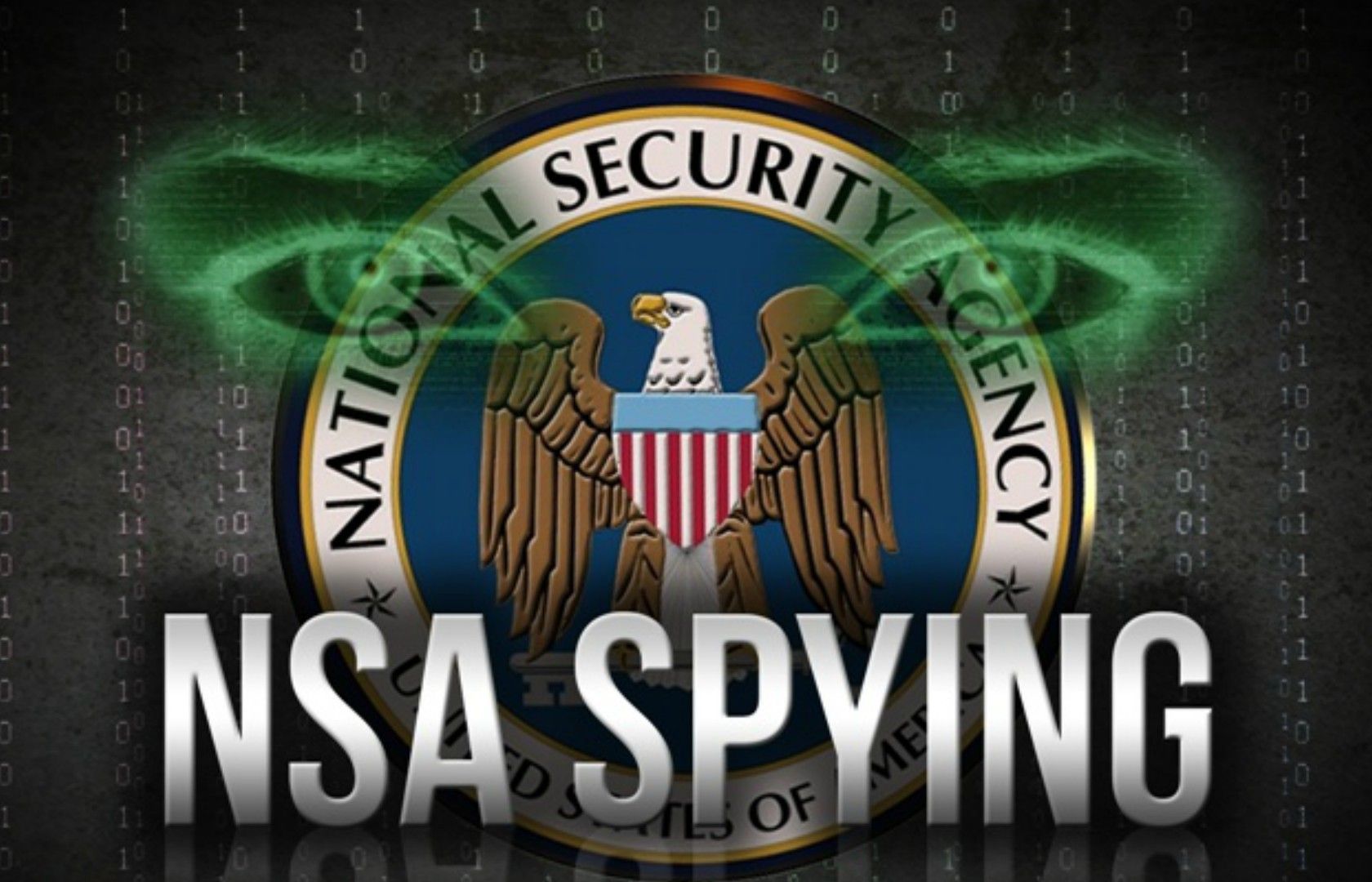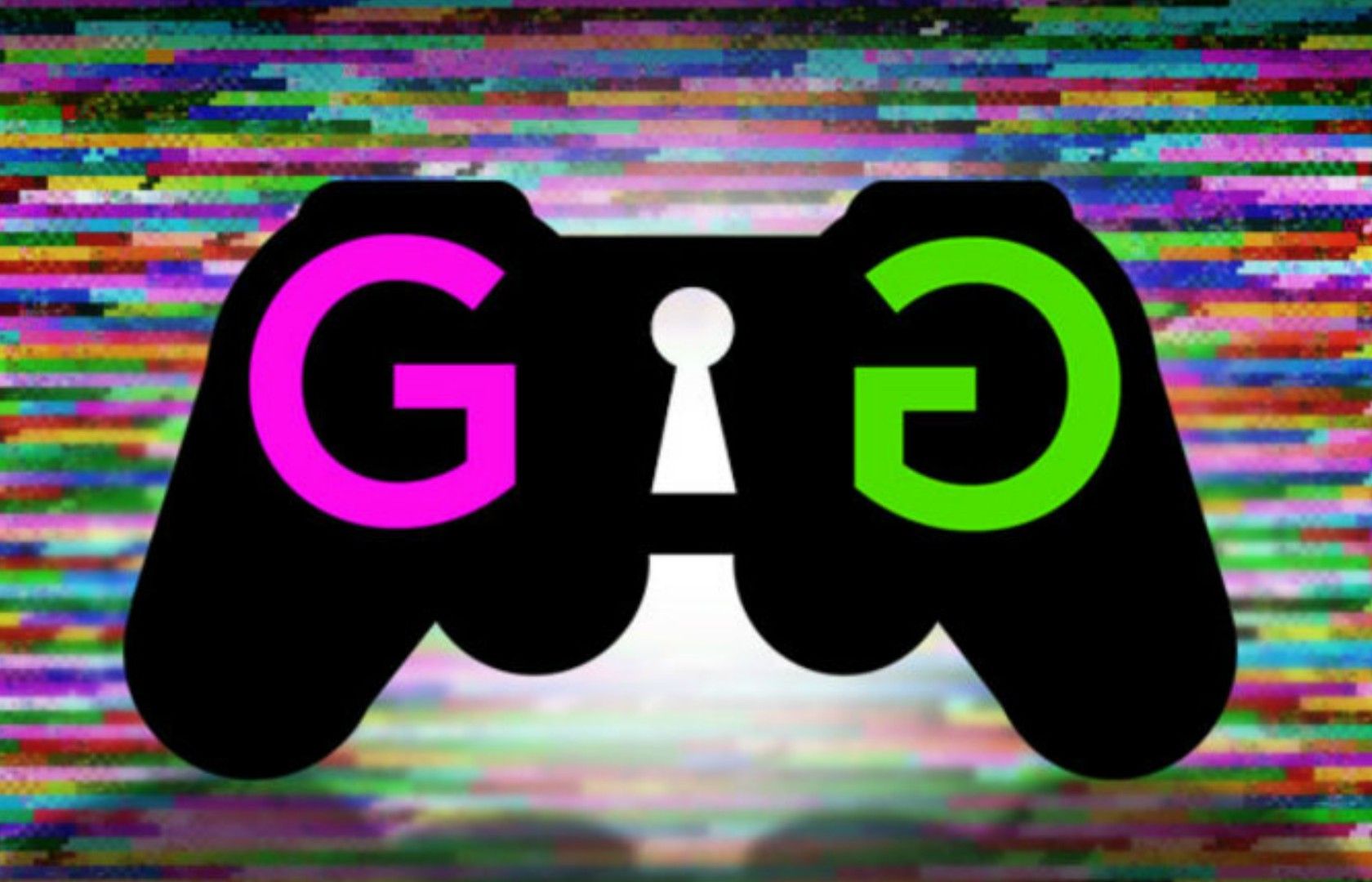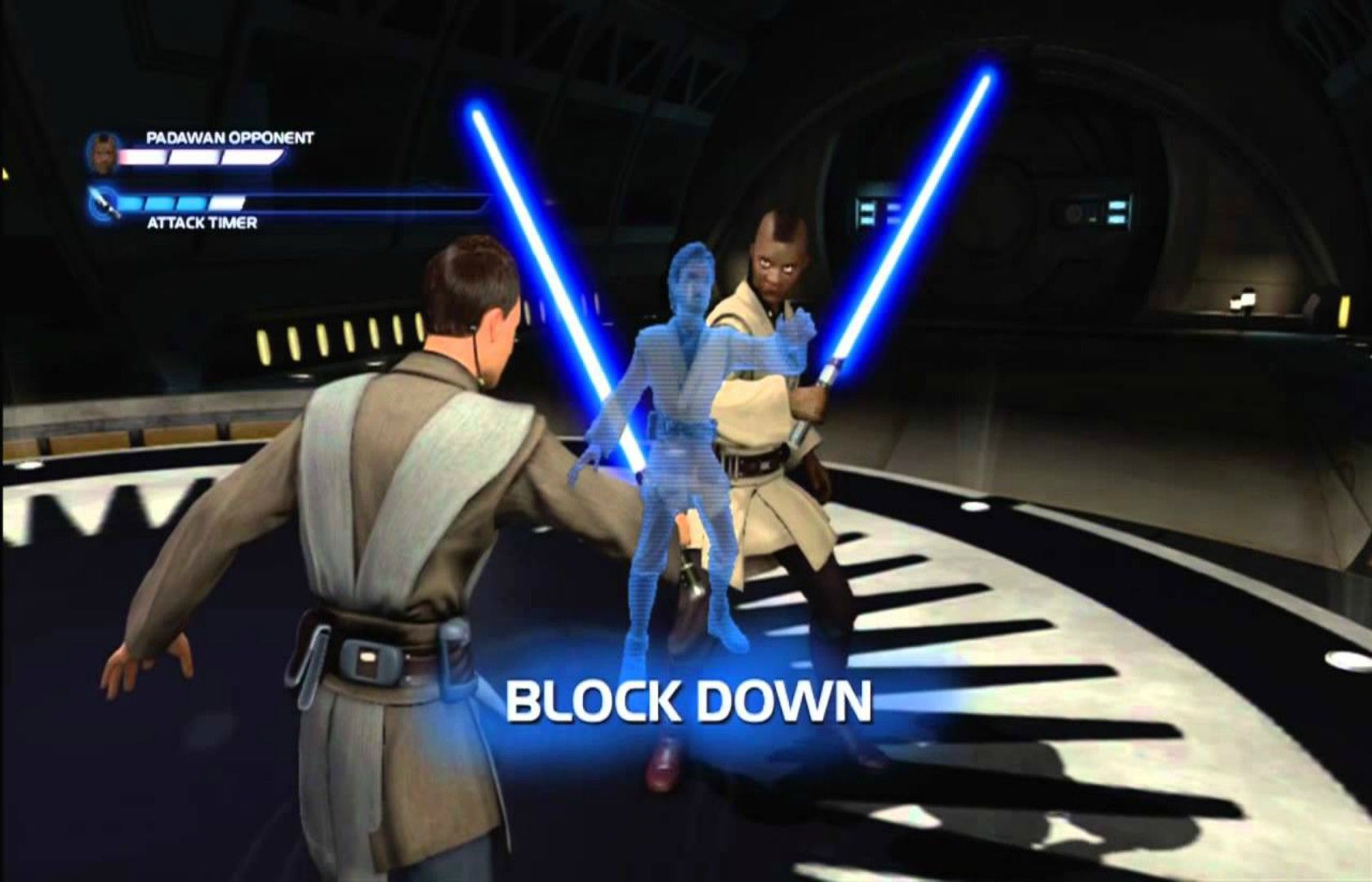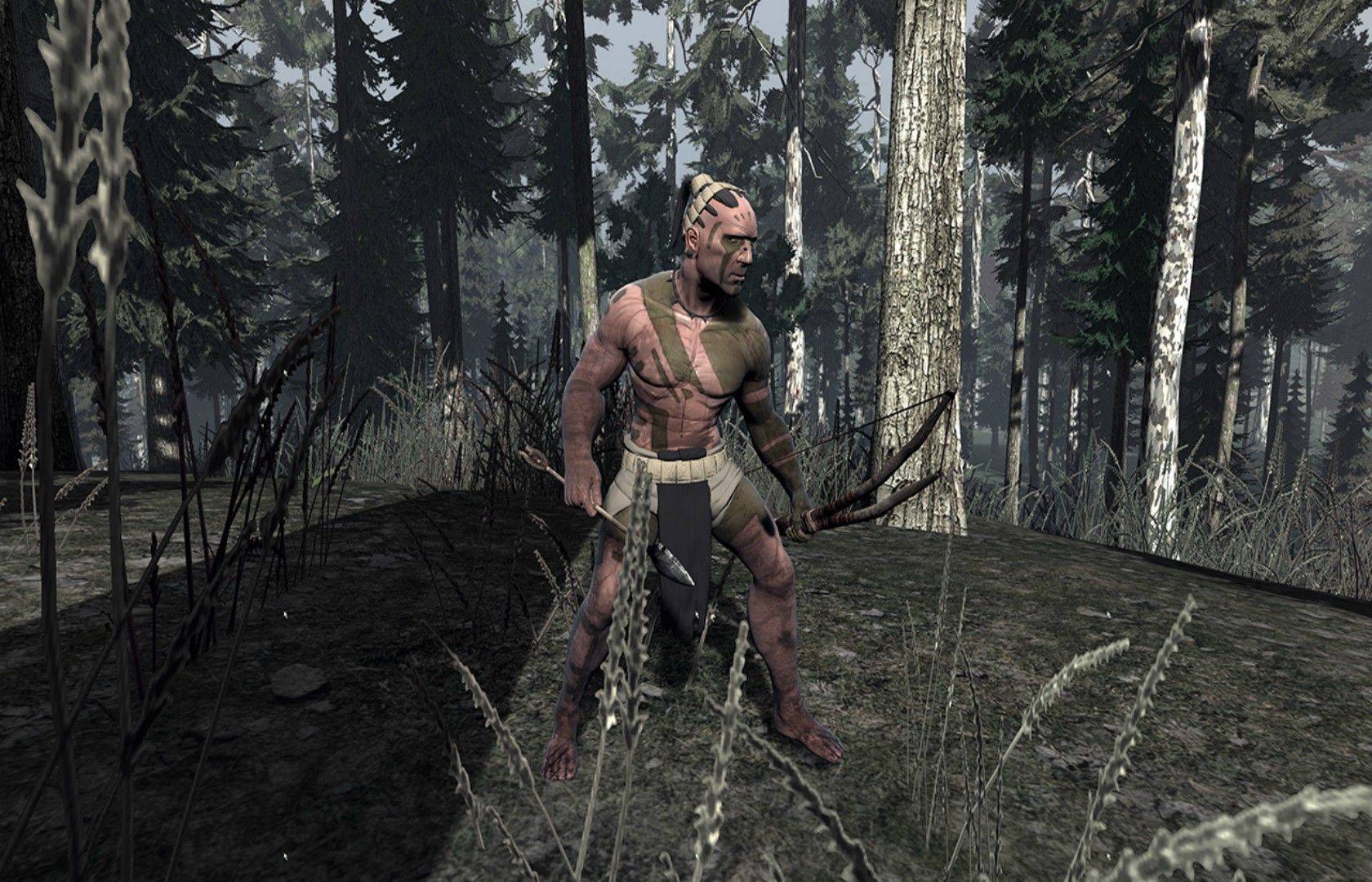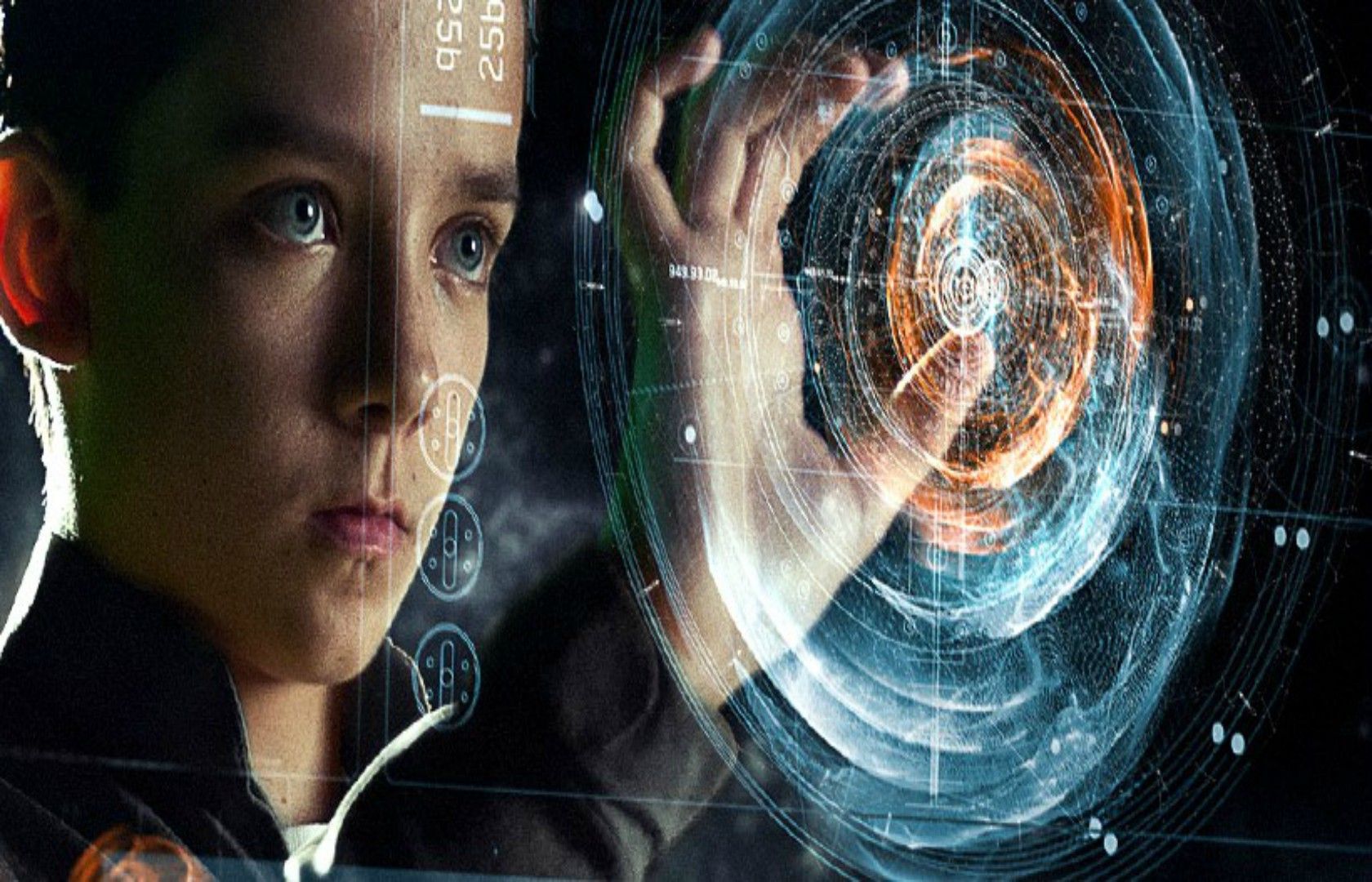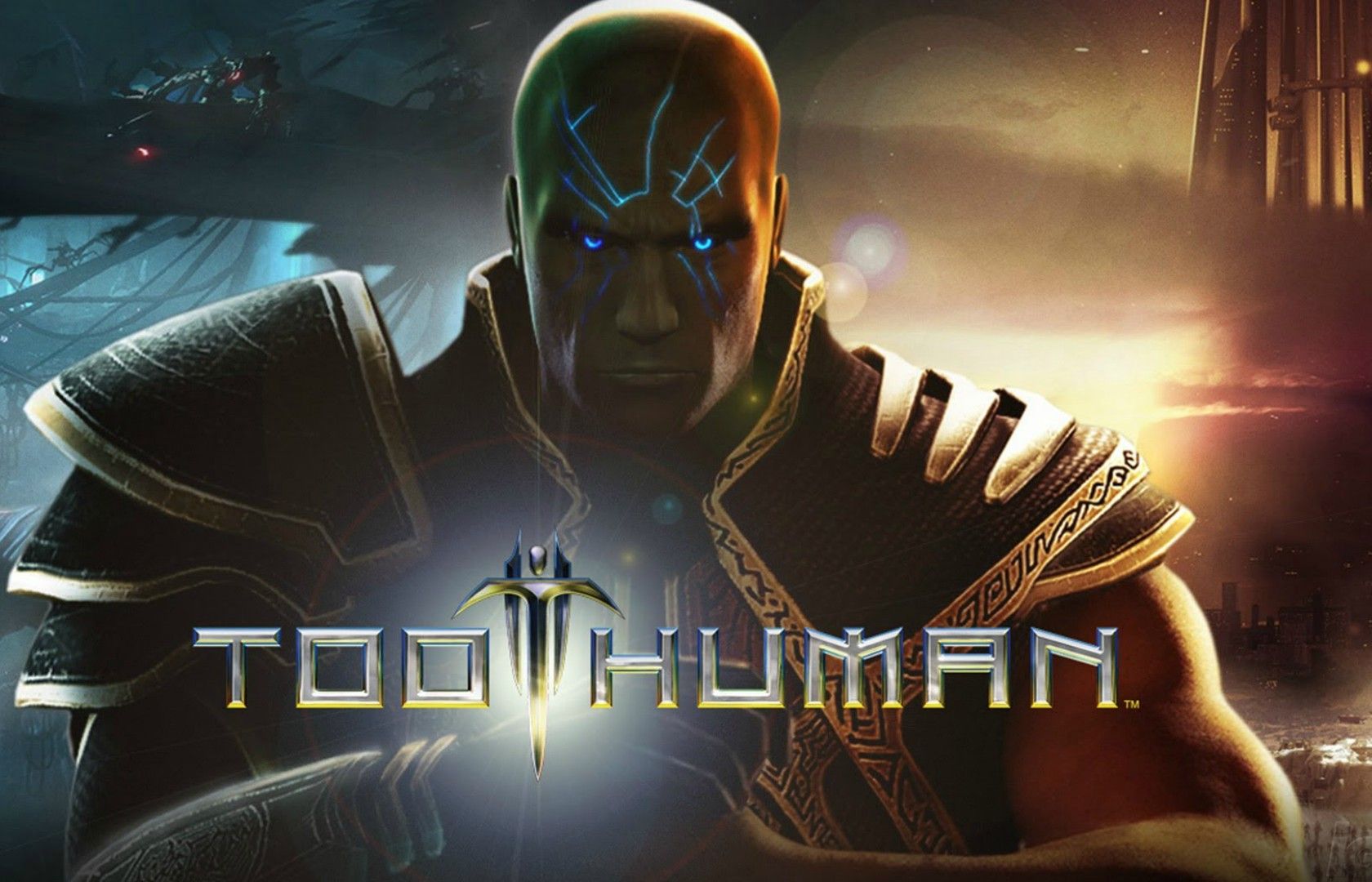The gaming industry is arguably one of the most popular industries today. But oddly enough, with how much popularity it has established over the years, not much is known about the secretive practices, questionable policies and slimy actions that take place on pretty much a daily basis. Every once in a while we have, however, been able to catch a glimpse inside the industry’s inner workings, and as the saying goes, “all that glitters is not gold.” In fact, it’s downright disgusting and grotesque. It leaves many on the outside looking in, wondering just how some companies have been able to avoid the spotlight and work within the shadows in the quest for the “all mighty dollar.”
Its unbelievable when you think about it. The sheer amount of joy gaming has given us over the years, and all the while nefarious tactics in the industry are hidden in plain sight. Today we bring some of those moments to the forefront with 15 Shocking Stories About The Gaming Industry.
Warning: stomachs will be churned and childhoods will be crushed. You have been warned...
15 There's Some Shady Business Going Down At EA
It’s pretty evident that when it comes to horror stories in the gaming industry, EA has to take its place among the honorably mentioned. In fact, the gaming giant even landed on the list of “Worst Companies in America” for two consecutive years from 2012 to 2013. EA since has seemingly cleaned up its act, but not before engaging in some shady practices that naturally left lasting impressions.
A Reddit post from an Anonymous user, opened one conversation in particular. Regarding an encounter with EA that surprisingly many others in the community claim to have had as well. Where players were charged twice for games they had already purchased, called for refunds and were met with dial tones instead of answers. Some even recount having their accounts deactivated after voicing their complaints to customer service. This has led to a few seeking legal action, but unfortunately EA being the entity that they are, it’s unlikely that justice will be dealt.
14 The Destiny Debacle
An event that sent the gaming industry into a reverse tailspin of despair and regret was the overt shenanigans and utter trickery (check the wordplay) behind the release of Destiny. A game that promised far more than some think was ever meant to actually be delivered and instead was just a way to build hype and rob pockets.
Destiny had many in shock and awe after it was discovered that the cinematic adventure Bungie had created seemed to be an attempt to oversell a game that was drastically unfinished. This, coupled with that fact that the story cold only be completed by buying expansion packs equally as expensive as the game itself, put a bad taste in the mouths of the community. When Bungie promised a game that would span 10 years, no one expected that 10 year life cycle to be a never ending saga of “chase the dragon.”
13 The Pizza Party From Heck
A classic case of why you should always be on your toes if and when your boss–whose attitude typically resembles what happens when Joffrey Baratheon from Game of Thrones crosses with the devil–decides to perk up out of the blue and offer free food as thanks for your work.
Now I’m sure any person with a sharp sense for bs could pick up on these cues and get out of dodge before stuff hits the fan. Unfortunately for these game developers, they weren’t so lucky.
A game development studio (who shall remain nameless) called for an employee outing at a bowling alley with pizza included, to celebrate their latest game. What many thought was a kind gesture and reward for their work, turned out to be a mass firing as the leader of the event–after thanking the team–had managers hand out pink slips. I just hope the pizza was at least worth it.
12 Nintendo In Bed With The Yakuza?
If I told you that once upon a time Nintendo–the loveable, family-friendly company known for their childish folly–was once in bed with the Yakuza, there’s a good chance your heart would explode from the utter devastation that was your childhood.
During its earlier years (before the days of everyone’s favorite red-hatted plumber), Nintendo was a major manufacturer for playing cards. However, sales for the cards were low, but thankfully (or unthankfully) the Yakuza used them for underground drug and gambling rings boosting their popularity.
More and more the demand grew and a subtle partnership was formed. Allowing the business to further expand into larger avenues of entertainment and gaming. An unlikely pairing to say the least, but in the end it worked out tremendously.
11 Nintendo President Calls For "A Hit" On Developer
Keeping up with the undercover relationship of Nintendo and the Yakuza, it’s been rumored that that beyond the trading cards, dealings between the pair may not have always been so “clean.” In fact, word circulated around the industry that Nintendo and the Yakuza had been in some ways involved in the death of Gunpei Yokoi, the creator of the Game Boy and Virtual Boy. He had died mysteriously.
Many have suggested that then Nintendo President Hiroshi Yamauchi had something to do with the planning of the incident. This may have been due to Yokoi’s departure from Nintendo to start up his own competing video game company. Now, this still unproven and for our sakes let’s hope that a Nintendo-led assassination may only be a story and not a fact.
10 World Conquest
The PlayStation 2 is still widely regarded as one of the most successful video game consoles to this day. Breaking multiple sales records in an industry that had not seen such a phenomenon before. The popularity of this console was so massive, that it garnered a cult like following and even raised the eyebrows of those interested in its tech. Enter Iraqi dictator Saddam Hussein. After noting the components used in the PlayStation could be repurposed for use in weapons, speculations rose around Saddam Hussein claiming he had been buying and importing nearly 4000 PlayStation 2s illegally. It was feared that the consoles were being used as a means of creating supercomputers, unmanned aircrafts, and potential nuclear devices. Crazy to think that something that gave gamers so much joy could have caused worldwide mayhem if left in the wrong hands.
9 Sell-Out Gaming Journalists
Unfortunately even in the world of gaming, dishonesty and deceit aren't strangers to the business. It’s common to see these underhanded actions taking place on the “suited” side of the industry in corporate boardrooms and marketing meetings. However, one incident gamers thought they would never see was the day when game review companies would succumb to dark side as well.
The conversation was brought to the light in 2012 by a former employee at IGN who had admitted that the game review sight had been paid off form multiple entities to forge positive game reviews. He also disclosed that the scope of false positive reviews didn’t end at IGN, but also spread to other companies as a way to pay back for review copies of games. This has unfortunately led to the community's distrust in many gaming-centered news outlets today.
8 Money Laundering By Swedish Mafia
For those of you who've no earthly idea what a Gizmondo is, don’t worry you’re not alone. The Gizmondo was a failed concept re-branded from the original Gametrac–a device made by Tiger Telematics as a game console for kids, but with built in GPS for parents as a way to keep track of them.
What puts this console on the list of horror stories, was its rumored involvement with the Swedish Mafia. 300 million dollars in capital for the project was raised by mob boss Stefan Eriksson, whom was serving out a 10 year prison sentence at the time. Following its failed launch in 2005 and a rather quick cash out by the company, it was suspected that the entire business was just a money laundering scheme using fictitious titles and game developers as a cover up.
7 NSA Hacks World Of Warcraft
Famous American hacker Edward Snowden, revealed in a set of hacked documentation that the FBI and NSA had allegedly been trying to enter RPG games. This was done as a means of gaining personal data on the gamers.
Big titles like Runescape, Second Life and yes, even World of Warcraft were considered "rich-target networks" to gain insight into the gamer interactions.
Measures were taken and policies were put in place so as to raise minimal suspension. Agents would allegedly act as regular gamers and interact often reporting back details on their play-through. Reasons as to why the NSA chose to involve itself are still unknown. However, speculations suggest that the agency was worried that RPG games would "reinforce prejudices and cultural stereotypes.” Whether their intentions were good is debatable, but regardless it still puts many on edge in terms of privacy.
6 'Tis The Season...
I’m sure that anyone of us can attest that being laid off sucks. Being laid off moments before the holidays that’s just inhuman! Unfortunately one gaming studio in particular did just that.
As quarterly rounds were coming to a close and work was ending on a newly created free-to-play IP, many within this studio were preparing their holiday plans and setting sail to be with family or celebrate over a couple brews with friends. However, as that time approached rounds of lay-offs were made just before Christmas. To make matters worse, the layoffs took place just before royalty payments for one of their best performing titles. So unfortunately, the most they were left with that Christmas year was a pink slip from Santa.
5 Dividing The Gamers
Games to many of us are escapes from the harsh hoods of our realities. Most would agree they are safe havens from the negativity that tends to encapsulate us from time to time. Unfortunately for some, the gaming industry hasn’t been so forgiving and has led many pressed into a corner.
What some describe as a “cultural war,” Gamergate started as an online-based retaliation against game developer Zoe Quinn. After she allegedly received undeserved favorable reviews for her game Depression Quest. This would then spiral into an online cataclysm of harassment targeted in forms of internet bullying. Many were forced to change their personal information as a way to avoid threats against them and their families. Others alleged they were targets of DDoS as well. It’s unfortunate that social acts likes Gamergate would grow to give the gaming community a bad name even worse than what it already had.
4 The Code Of Silence
As humans in the workforce, it's natural that we seek to have our work (whatever it may be) recognized and appreciated. This is especially true if you are a game developer who has been working painstaking hours with little to no pay and sleepless nights to bring together a project that you wholeheartedly believe in.
This doesn't seem to be the case for some in the industry, as some game developers have been forced to adhere to a “code of silence.” Disallowing them from discussing involvement in certain projects. An example of this coming from Streamline, the developer behind Kinect Star Wars where the developers were ordered under a NDA to not speak on their involvement of the game until eight months after the game had been released by Microsoft. A pretty messed up thing to do if you ask me, especially considering how much these people put into the product.
3 When Kickstarter Becomes A Scam
Kickstarter games haven’t had the greatest reputation in the gaming community. Often times games through the crowdfunding platform, are over-promise and under delivered. And upon further research aren't given much support post launch to show the community that the ones making the game actually care for their consumers. However, at least these games actually reach a release. Some, on the other hand, take the “plan B” route and tuck and run with our hard earned donation in their pockets. One of the most notable cases of this came from the game Stomping Land. The dinosaur survival game raised over $114,000 dollars from more than 4,000 backers, eclipsing their target goal of $20,000. Shockingly however everything just stopped. The website was dead, all communication from the developers was gone, and angry gamers flooded their keyboards demanding answers that never came.
2 Creating Their Own Gaming Soldiers
Going back to the topic of Depression Quest, another entry in this list of horror stories suggests that the game was far more than just a game. But a way of changing how we as gamers may think and feel on a neurological level. Silverstring, the developer behind Depression Quest, is known to have been linked to the Digital Games Research Association. This association was behind creating interactive gaming alternatives such as State Torture Jenga and the IMMERSE project. The IMMERSE project was a cultural-based system used to motivate thoughts with “specialized virtual agents.” It has been alleged that this was being developed as a way of socially conditioning gamers to create soldiers. How could it get any creepier?
1 Who Stole From Who?
Sometimes a war left unfought is a war that is won.
Now, I’m sure most reading that line have no idea what I mean, but in the case of Silicon Knights this quote, in hindsight, speaks volumes.
Silicon Knights, the developers behind Too Human, opened a civil suit against Epic Games due to its inability to provide a “working game” engine. They also claimed that Epic failed to provide game needed engine requirements but instead used the licensing fees to fund their own projects. While this seem reasonable in our eyes, Epic wasn't having it. They countersued stated Silicon used the engine without paying royalties and ended up winning being awarded $4.45 million in the process.
The story however doesn’t end there, as Silicon was then ordered to DESTROY all remaining games using their code. This included Too Human, X-Men: Destiny, The Sandman, The Box/Ritualyst, and Siren in the Maelstrom. This would result in Silicon Knights filing bankruptcy in 2014.

